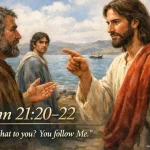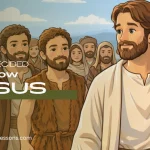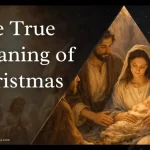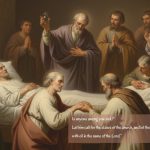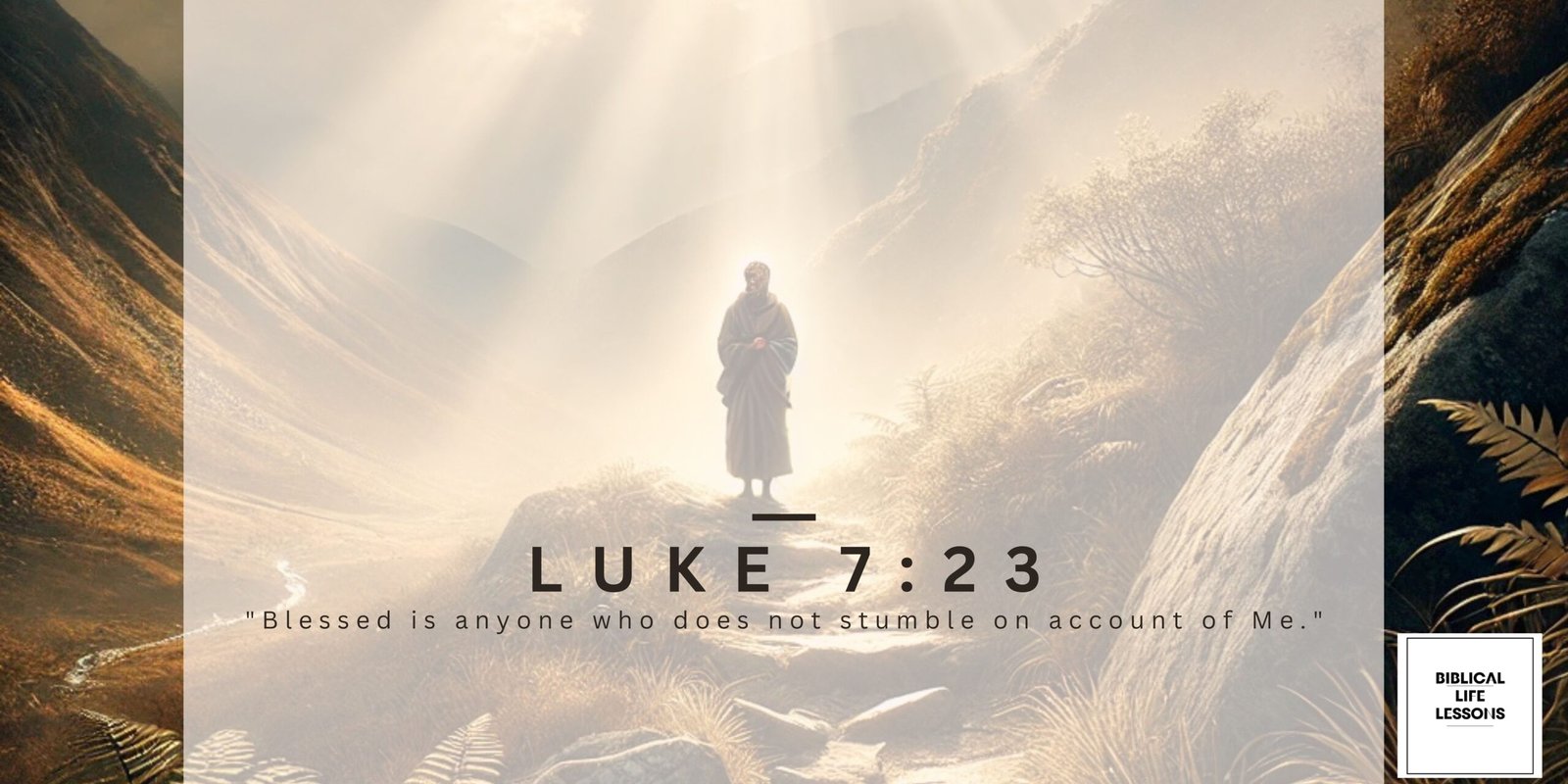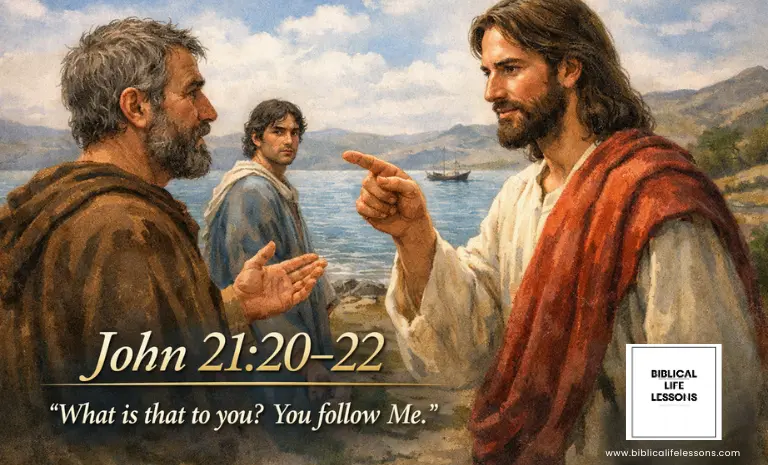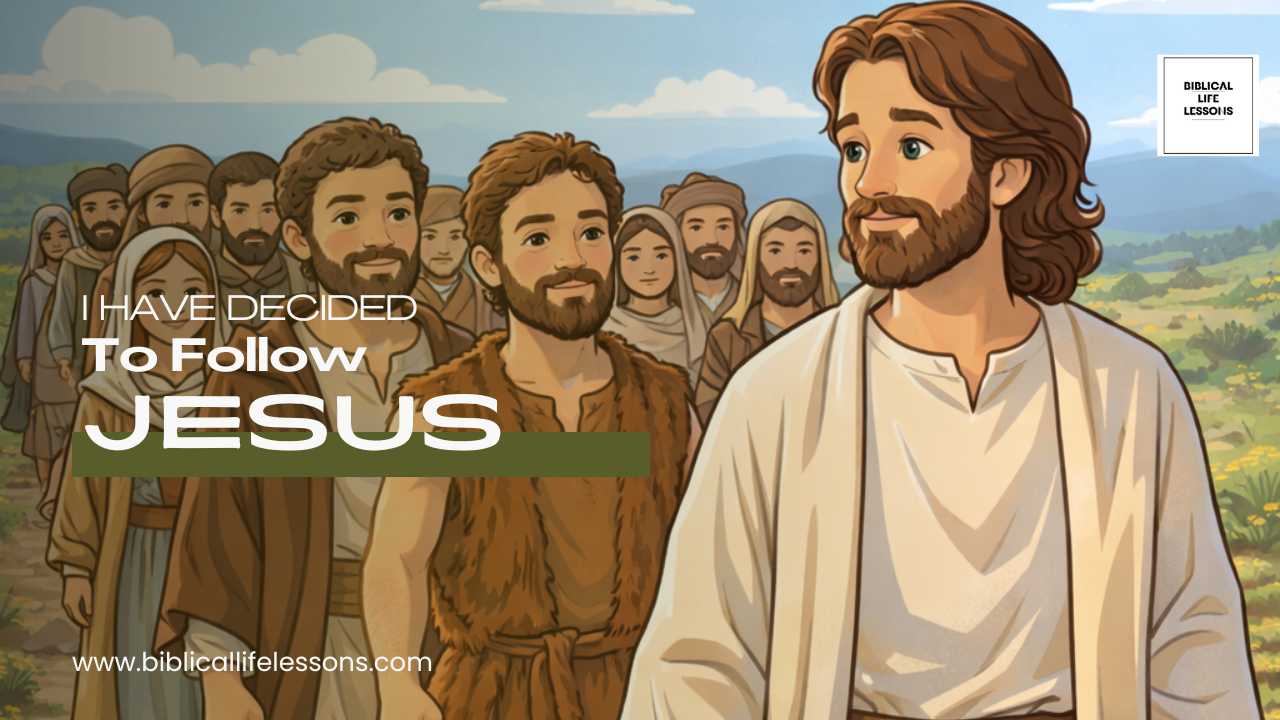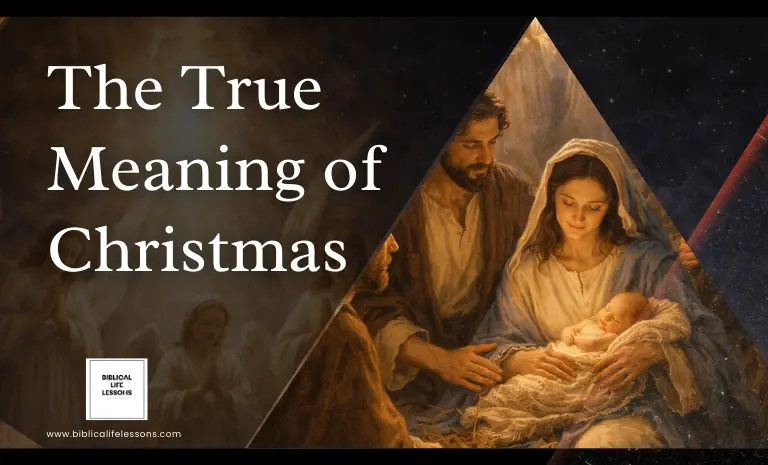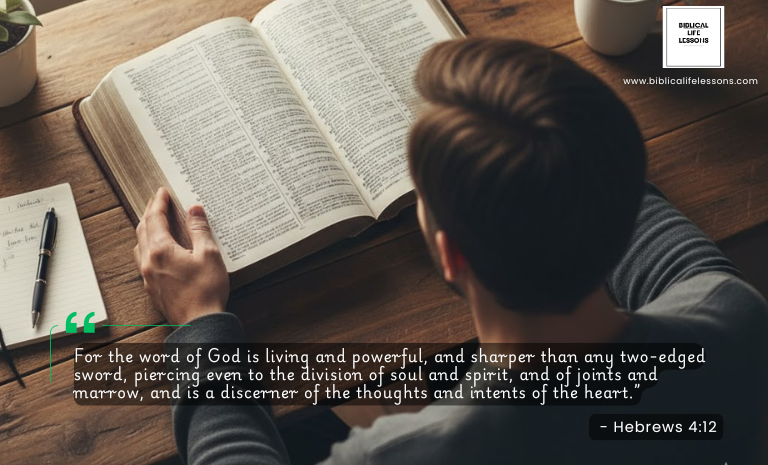Luke 7:18-23 is a powerful passage that captures a moment of uncertainty and faith. It portrays John the Baptist’s question to Jesus about His identity, Jesus’ response through action, and the assurance He provides. This passage holds profound lessons for believers about doubt, trust, and the evidence of Jesus’ messianic mission.
The Context: John the Baptist’s Question (Luke 7:18-19)
At this point in the Gospel of Luke, John the Baptist is imprisoned. His disciples bring him news of the miraculous works of Jesus—healing the sick, raising the dead, and preaching the good news to the poor. Despite his earlier declaration of Jesus as the Lamb of God (John 1:29), John now sends his disciples to ask:
“Are You the One who is to come, or should we expect someone else?” (Luke 7:19)
John’s question reveals a moment of doubt. This doubt could stem from unmet expectations; John might have envisioned the Messiah bringing immediate judgment and deliverance, especially against Roman oppression. However, Jesus’ ministry focused on healing, teaching, and restoration, which may have seemed contrary to John’s understanding of the Messiah’s role.
Jesus’ Response: Evidence Over Explanation (Luke 7:20-22)
When John’s disciples relay his question, Jesus doesn’t answer with a direct “yes” or “no.” Instead, He invites them to observe His works:
“Go back and report to John what you have seen and heard: The blind receive sight, the lame walk, those who have leprosy are cleansed, the deaf hear, the dead are raised, and the good news is proclaimed to the poor.” (Luke 7:22)
Jesus points to His actions as the fulfillment of messianic prophecies, particularly from Isaiah (e.g., Isaiah 35:5-6, Isaiah 61:1). By doing so, He provides John with evidence that aligns with Scripture. These signs validate His identity and demonstrate that His mission is rooted in God’s plan for redemption and restoration.
A Gentle Challenge: Blessed Are Those Who Trust (Luke 7:23)
Jesus concludes His response with a profound statement:
“Blessed is anyone who does not stumble on account of Me.”
This is both an encouragement and a challenge. Jesus acknowledges that His ways may not align with human expectations. Faith requires trust, even when God’s actions are not immediately clear or when circumstances seem difficult. Those who trust in Jesus without offense or hesitation are blessed.
Key Themes in Luke 7:18-23
1. Faith Amid Doubt
John’s question reminds us that even the most faithful believers can experience moments of doubt. John, a prophet who prepared the way for Jesus, struggled to reconcile his expectations with Jesus’ actions. This passage reassures us that doubt does not disqualify faith; instead, it invites us to seek clarity and reassurance in God.
2. The Identity of Jesus
Jesus’ response highlights His identity as the promised Messiah. By pointing to His works, He fulfills the Old Testament prophecies that describe the mission of the Messiah. His actions provide tangible evidence of His divine authority and purpose.
3. Trusting God’s Plan
Jesus’ statement in verse 23 emphasizes the importance of trusting God, even when His plans differ from our expectations. Faith involves surrendering our assumptions and embracing God’s greater wisdom.
4. Evidence of God’s Kingdom
The miracles Jesus performed—healing the sick, raising the dead, and proclaiming the good news—are not just signs of His power but also glimpses of God’s Kingdom breaking into the world. They reveal God’s heart for restoration, healing, and redemption.
Lessons for Today’s Believers
1. It’s Okay to Have Questions
John’s question to Jesus reflects a natural part of faith: seeking understanding. When we face doubt or uncertainty, we should bring our questions to God, trusting that He is patient and willing to provide reassurance.
2. Look for God’s Work
Jesus’ response to John directs us to focus on what God is doing. In moments of doubt, reflecting on God’s faithfulness in the past and His ongoing work in the present can strengthen our faith.
3. Trust Beyond Understanding
Faith often requires trusting God even when we don’t fully understand His ways. Like John, we may have expectations that differ from God’s plan. Trusting in His character and wisdom allows us to navigate these moments with confidence.
4. Proclaim the Good News
Jesus’ mission was marked by His proclamation of the good news to the poor. As His followers, we are called to continue this mission, sharing the hope of the Gospel with those around us.
Faith Rooted in Christ
Luke 7:18-23 reminds us that faith is not about having all the answers but about trusting in the One who does. John the Baptist’s moment of doubt teaches us that even the strongest believers may have questions. Jesus’ response—pointing to His works and the fulfillment of Scripture—assures us of His identity and mission.
As we reflect on this passage, let us remember to anchor our faith in the evidence of God’s faithfulness. Even when we don’t fully understand His ways, we can trust that His plans are perfect and His purposes are good. In moments of doubt, may we seek Him, trust Him, and proclaim His truth with confidence.
Subscribe for Daily Email Devotionals
